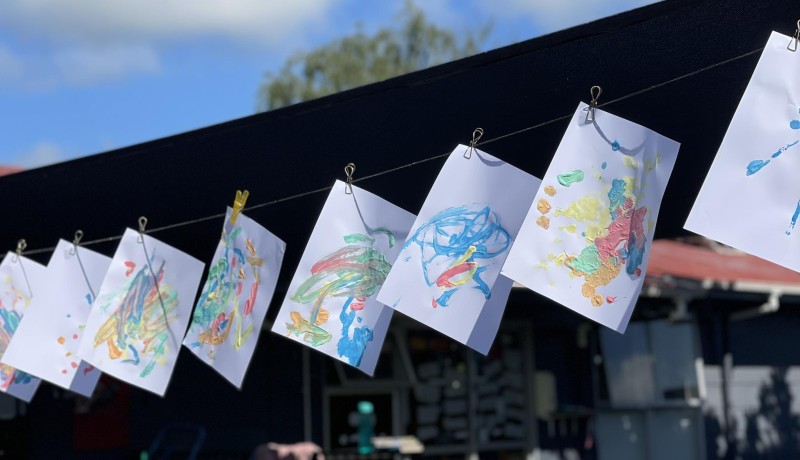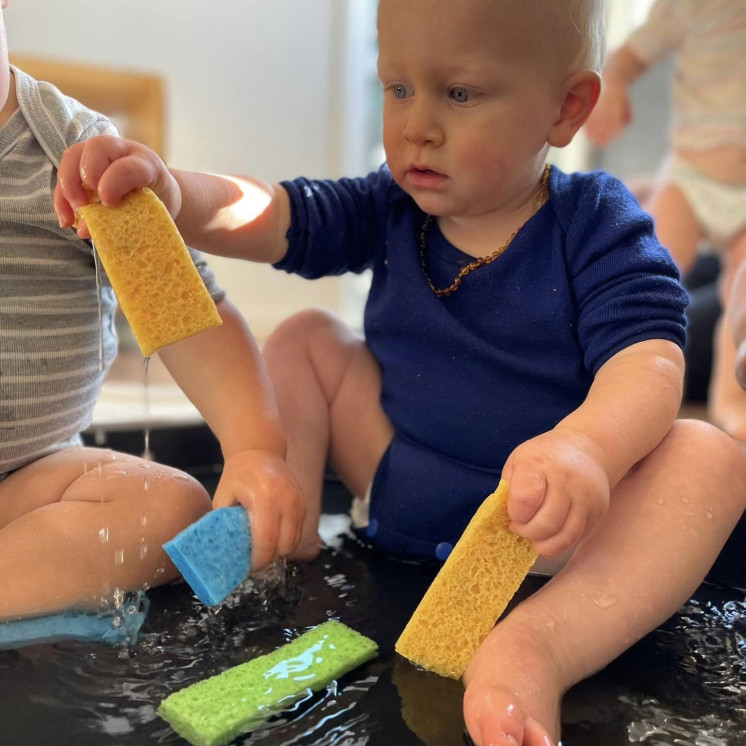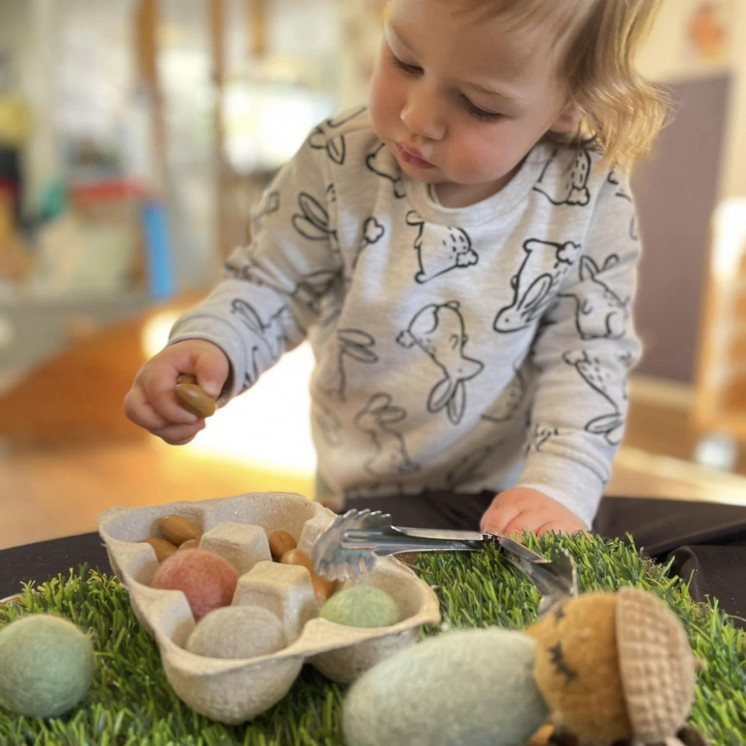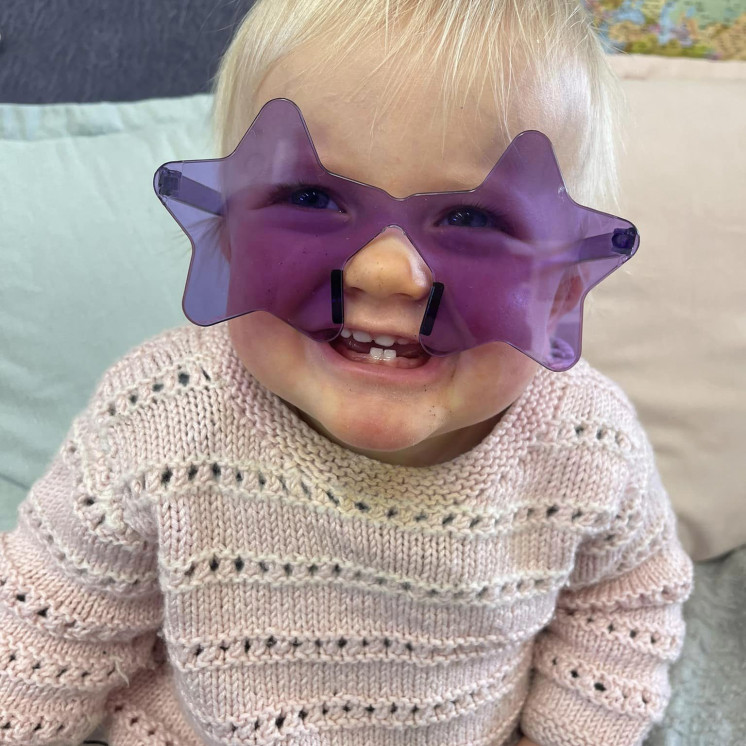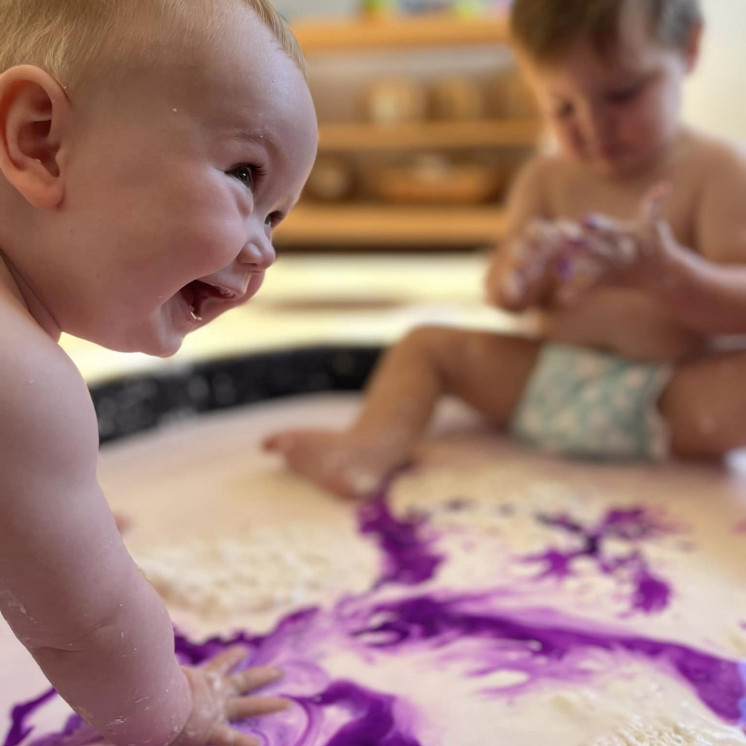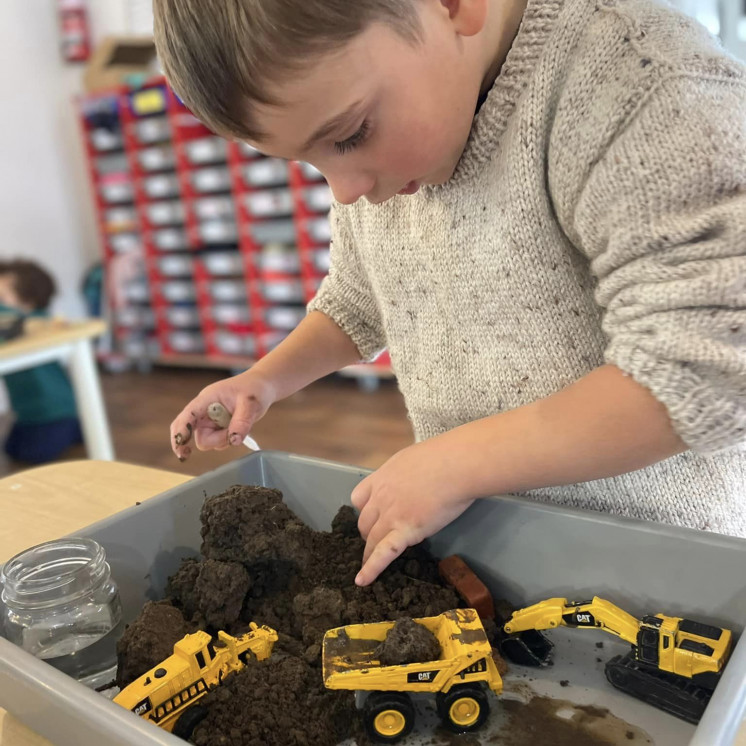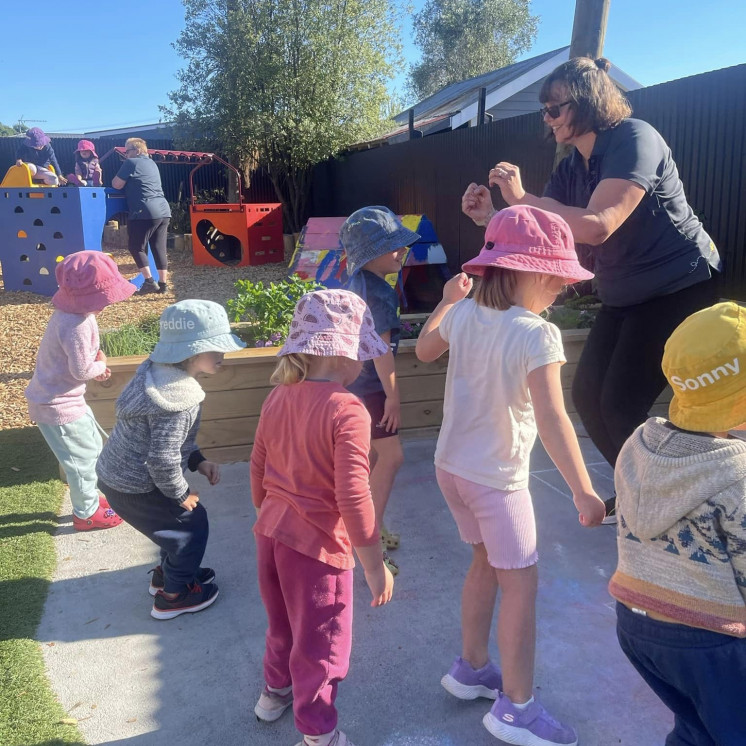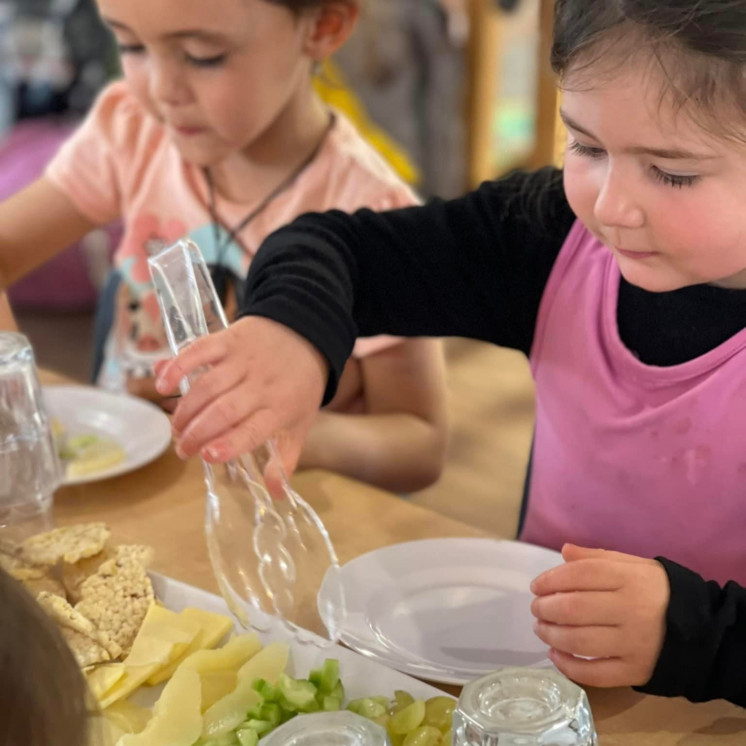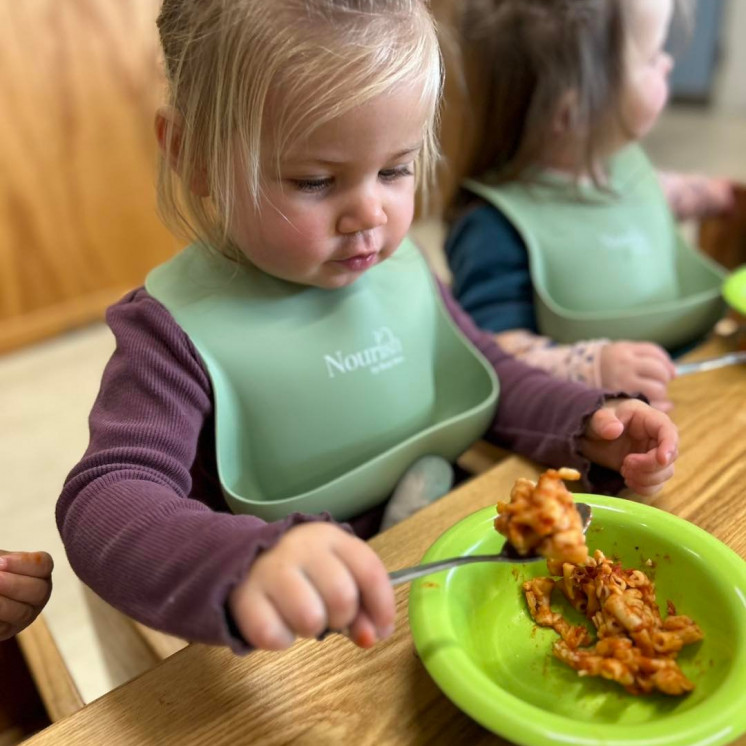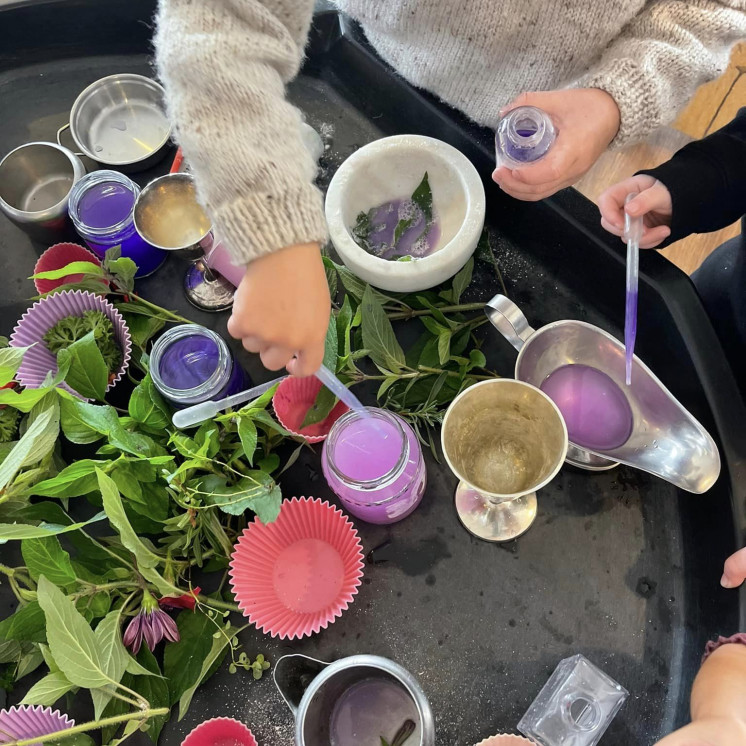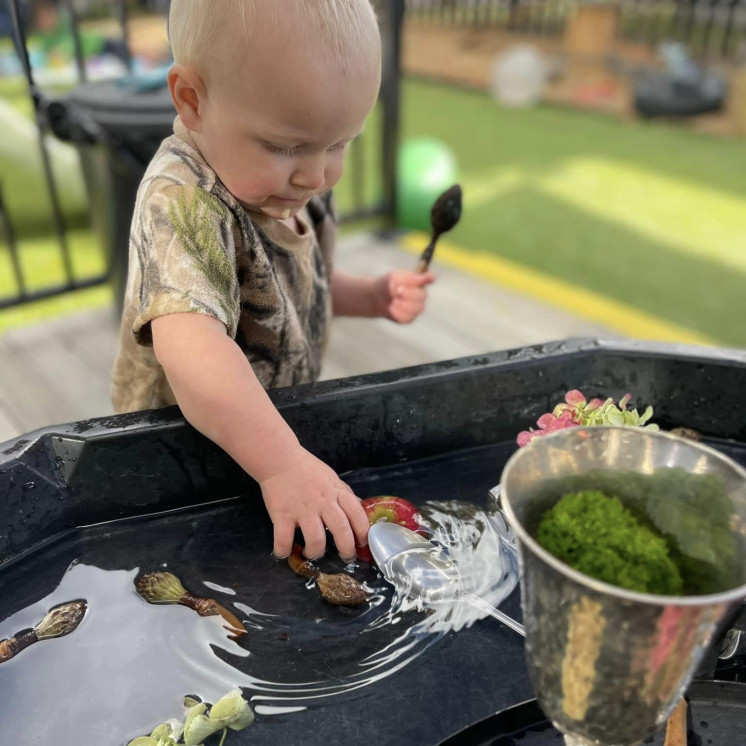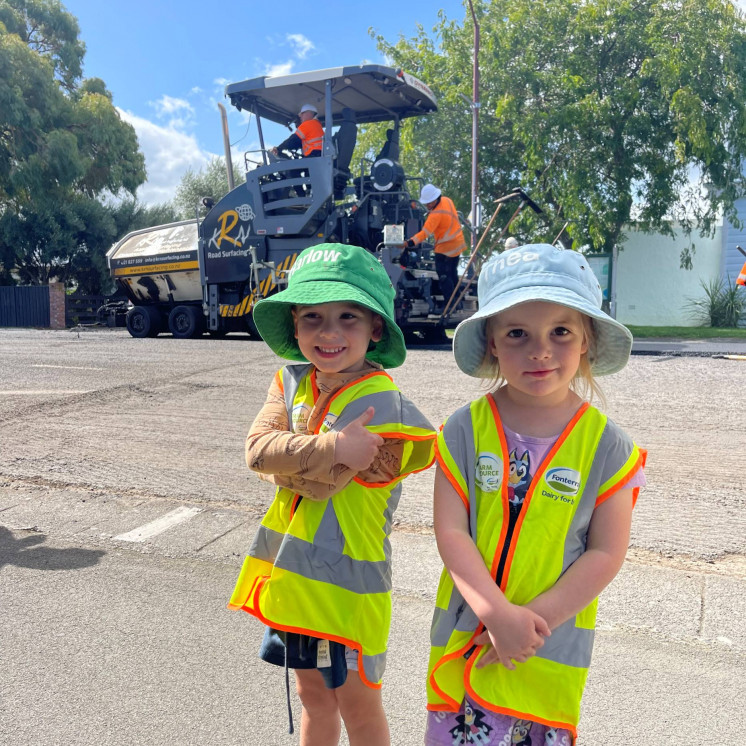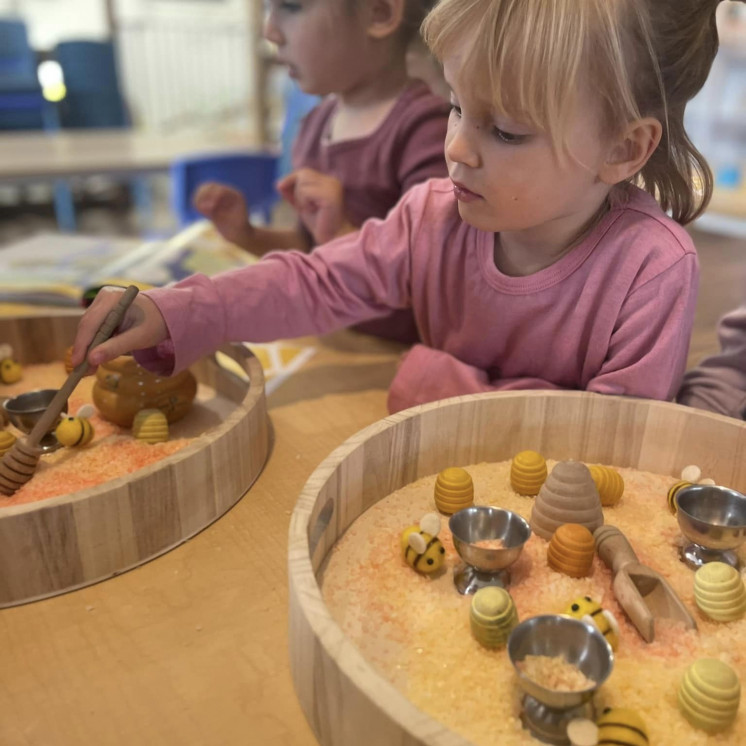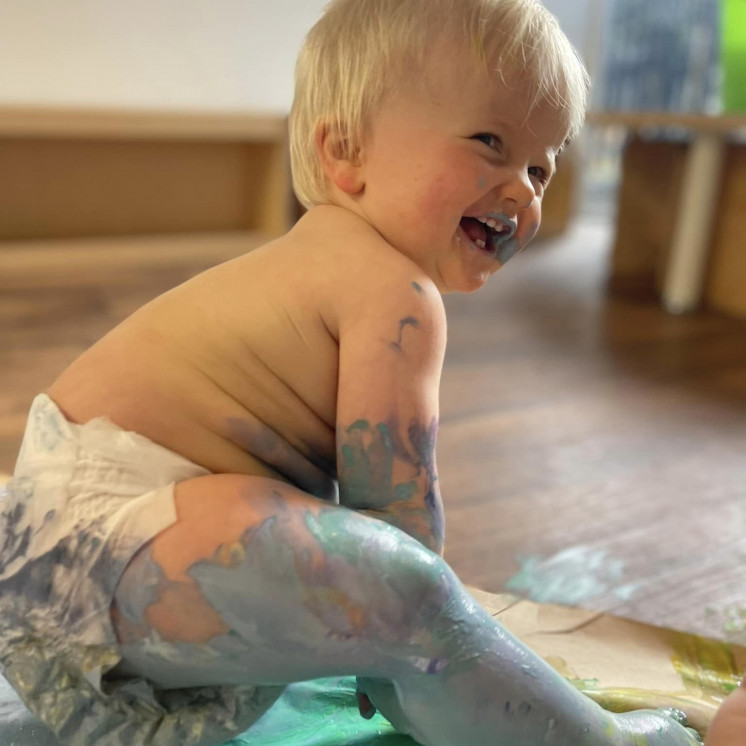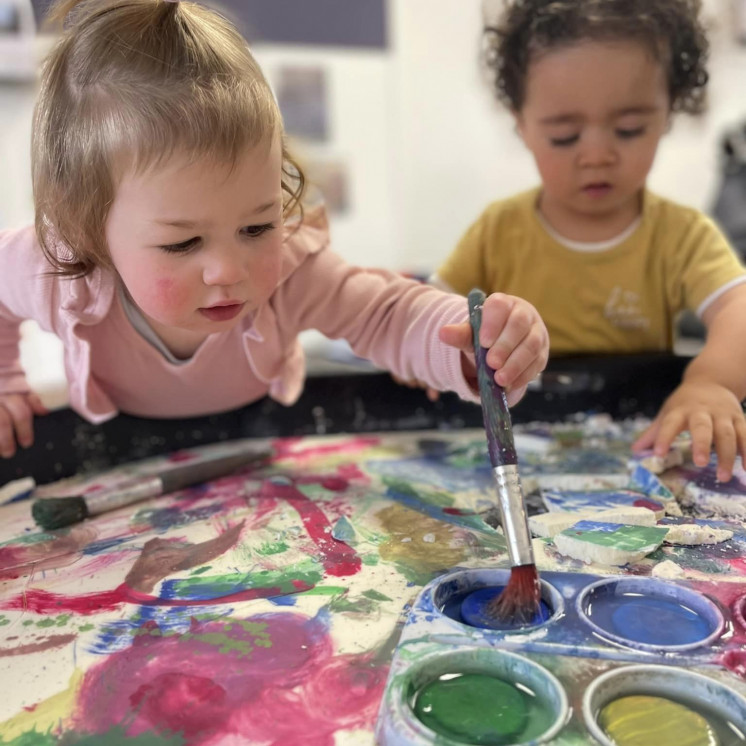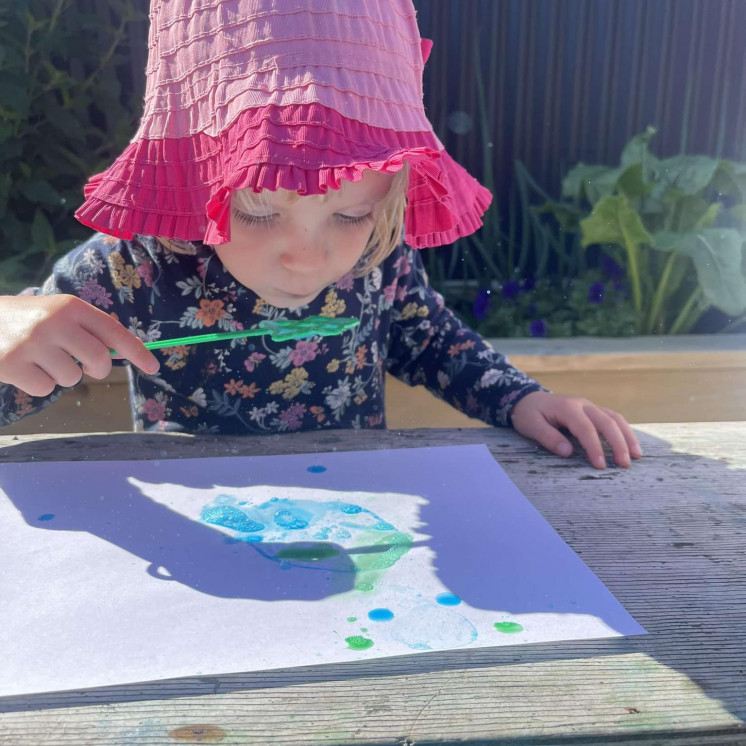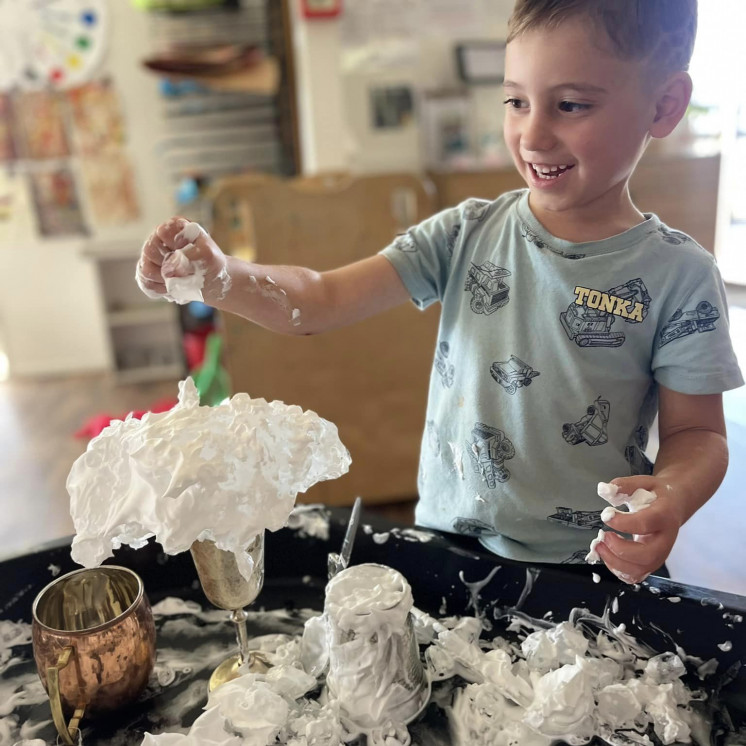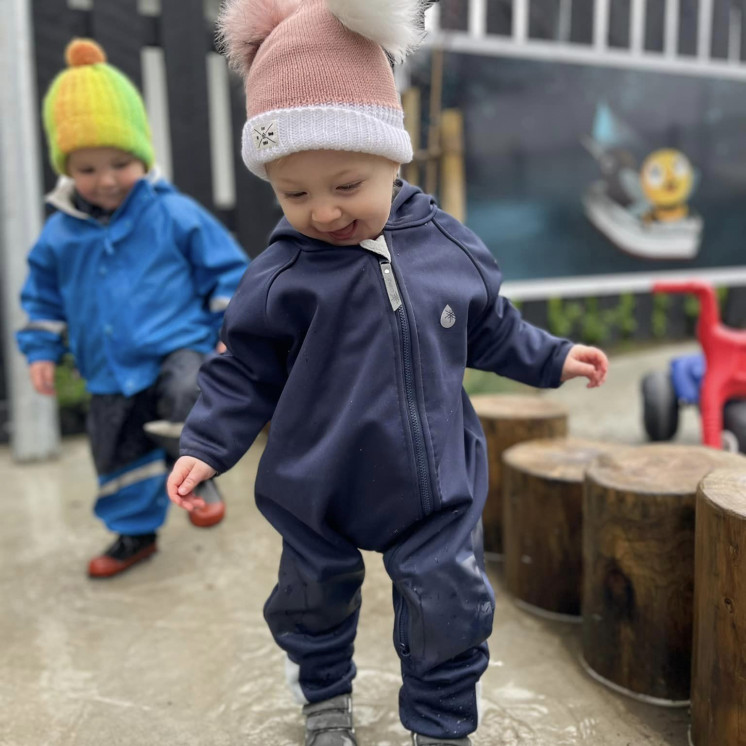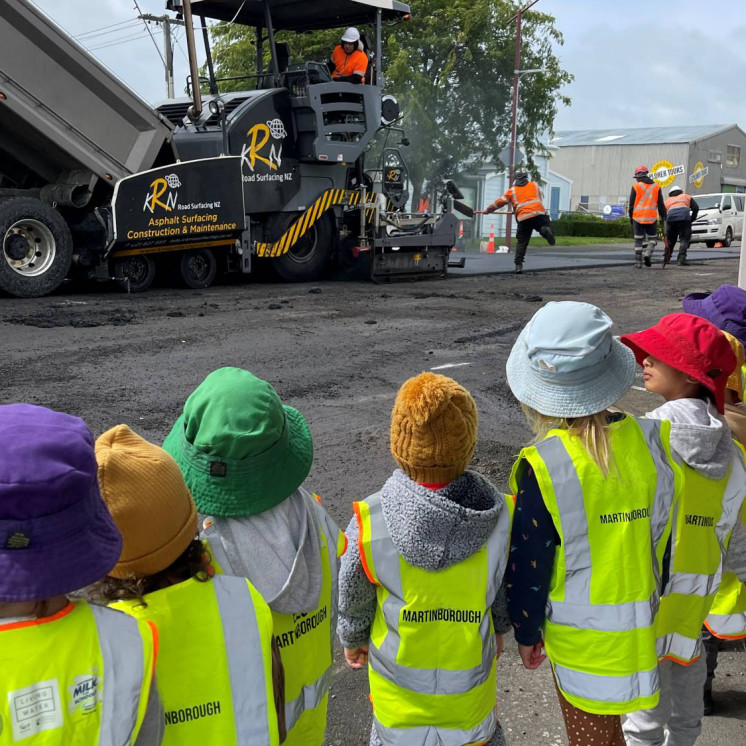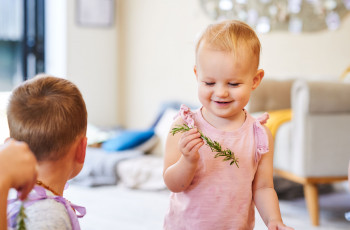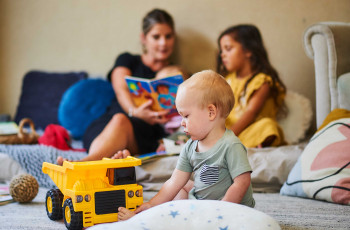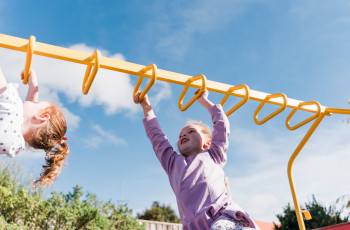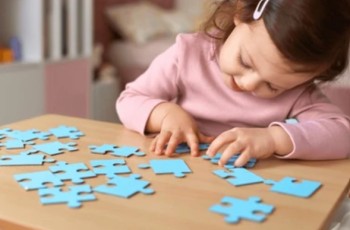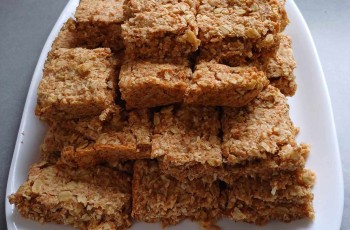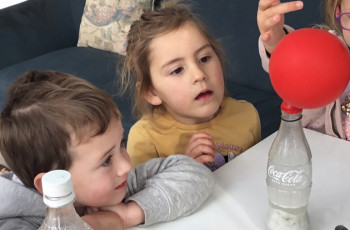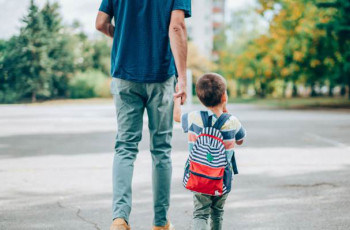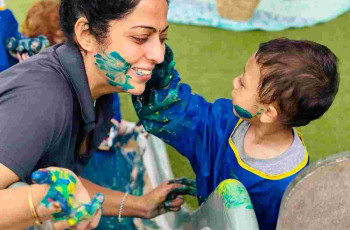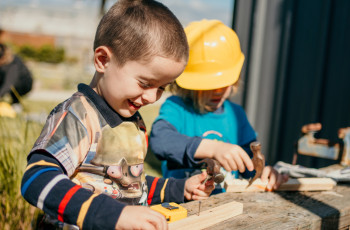
Hit enter to search or ESC to close
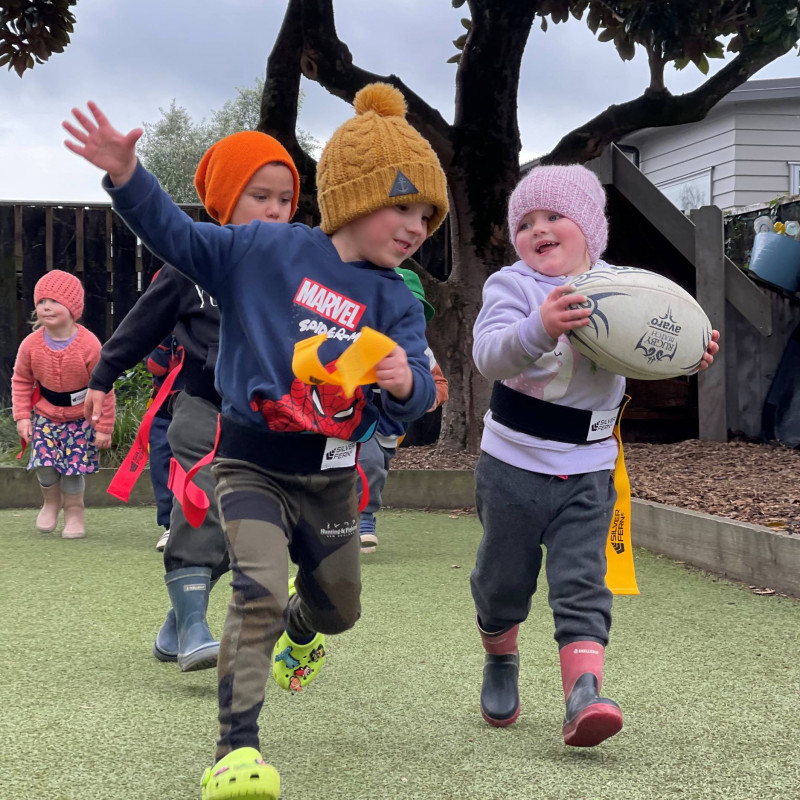
Our large natural and inviting centre environment offers seamless indoor/outdoor flow with plenty of space for exploration. Our spacious outdoor areas provide many opportunities for gross motor development and for our tamariki to discover and learn more about papatūānuku.
Children are involved in active play, where they learn to safely take risks and are able to fulfil their natural desire to explore. Children feel encouraged to be kaitiaki of their environment, learning to care for the plants they helped to plant and taking pride in their environment. Delightful conversations can be heard amongst the tamariki as they are involved in interactive and imaginative play, provoked by our detailed and tailored set-ups.
Our separate indoor and outdoor areas are tailored to each age and stage of learning and development. We also provide opportunities for tamariki to come together to share tuakana-teina (older-younger child) interactions where wonderful teaching moments happen.
Tailoring meaningful learning for each child
We recognise each individual child’s learning progression, sharing with parents how their children are learning and being supported by teachers. We offer bespoke learning processes, where parents can see teachers, seeing their child as individuals.
Parents and whānau are involved in their children’s learning through regular Storypark updates that are fitting and highlight each child’s strengths and learning so that families feel part of the learning and feel welcome to give feedback. Hearing our proud children are of their achievements by sharing these moments helps keep parents involved in the learning.
Growing Curiosity and Confidence – Pathways to Kura and Beyond
Our Bee Curious curriculum framework, grounded in Te Whāriki, supports tamariki through rich, interconnected learning experiences. It focuses on Expressive Arts & Design, Physical Development, Communication & Languages, Personal, Social & Emotional Development, Mathematics, Literacy, and Understanding the World, creating a strong foundation for curiosity, confidence, and lifelong learning.
Here at Busy Bees Martinborough, we offer children many learning experiences that are integrated throughout our daily programme to foster being school-ready.
We also run a transition to school programme, allowing children who show an interest in school readiness, the opportunity to extend their learning through focused curriculum-based activities. We pride ourselves on working closely with the primary schools in our area, to ensure that we are providing our children with the school readiness skill they are expecting. This also includes taking small groups of children down to our local school to experience the classroom environment.
Aspects of the programme include developing self-help skills, such as putting their belongings away, phonics around the alphabet sounds, the formation of some letters, recognising their names, and sitting still for a period of time. This then provides our graduating children and their whānau a full kete of knowledge about what school readiness looks like.
Our inhouse cook provides freshly made meals for children each day using our Nourish menus and recipes, based on the New Zealand Heart Foundation Tohu Manawa Ora | Healthy Heart Award for Early Learning Centres. We believe that through nourishing food, children are fueled to thrive physically and mentally, whilst enjoying the benefits of coming together and connecting as a group at mealtimes.
Teachers also do regular baking with the children, which provides them opportunities to engage and learn a range of food preparations skills and fine motor movements such as pouring, sifting, spooning. It is a great hands on sensory experience for children to develop independence through self-help skills, practice simple maths as they measure and count quantities.
Our daily planning involves thoughtful provocations to stimulate children’s imagination and ideas. Our planning is focused on our children’s interests, so straight from their arrival at the centre, we have something planned for them, be it loose parts, exciting outside activities or sensory experiences, the children are instantly excited and engaged, making drop off easier for parents. Sometimes they even want to stay and join in the play too!
We are committed to follow the aspirations of the New Zealand National ECE Curiculum, Te Whāriki. Te Whāriki envisages kaiako in early learning settings working in partnership with parents, whānau and community to realise this vision. The expectation is that, in their early years, children will experience a curriculum that empowers them as lifelong learners, right from their early exploration of the world around them, through to preparation for school.
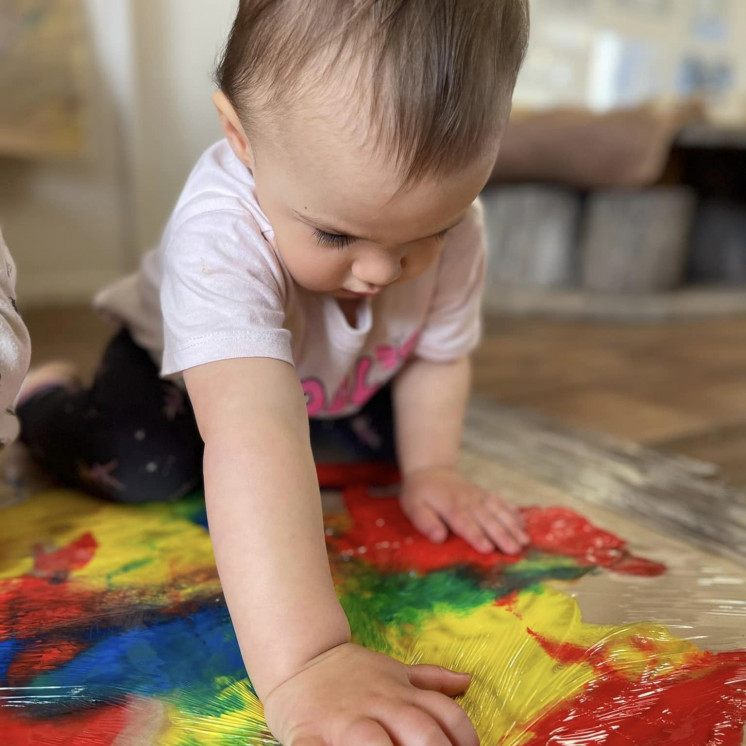
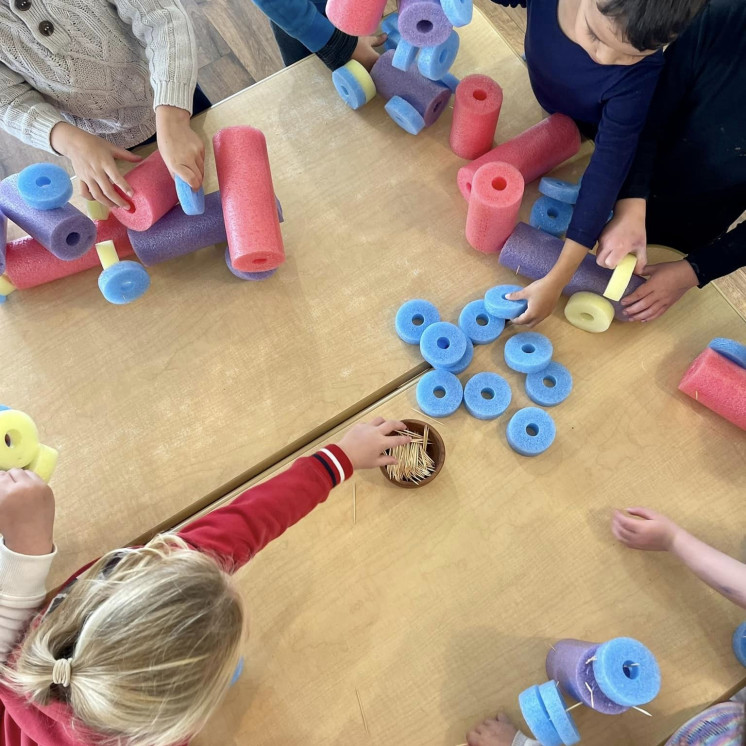
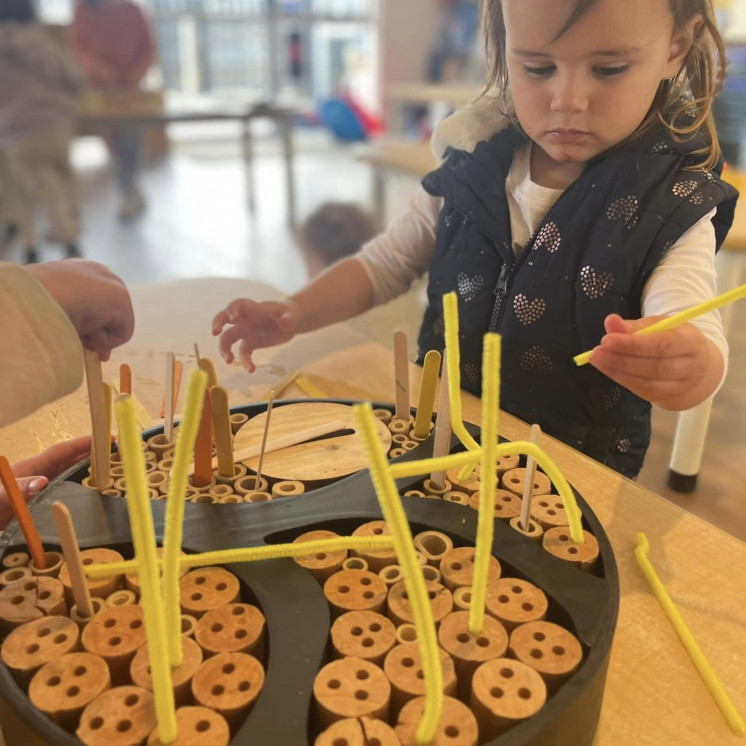
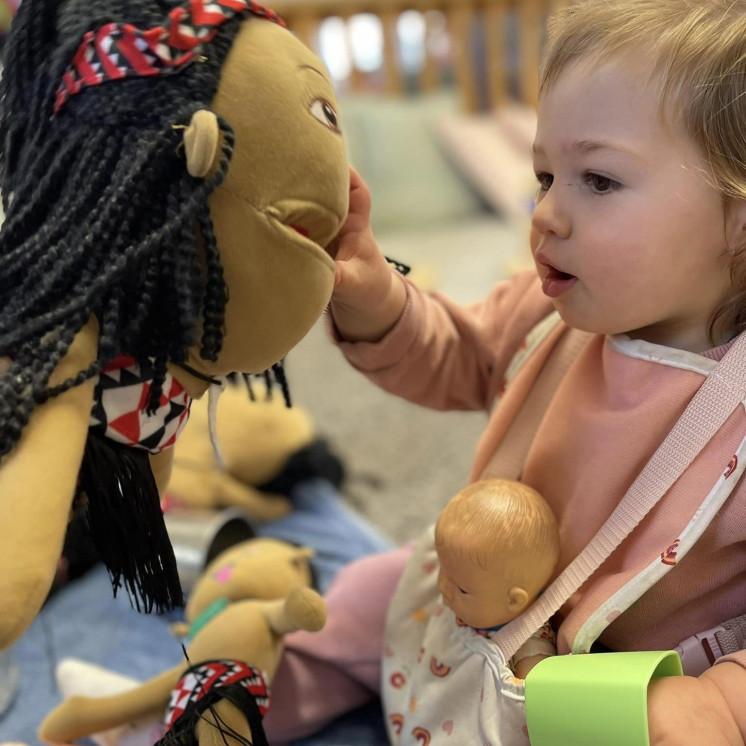
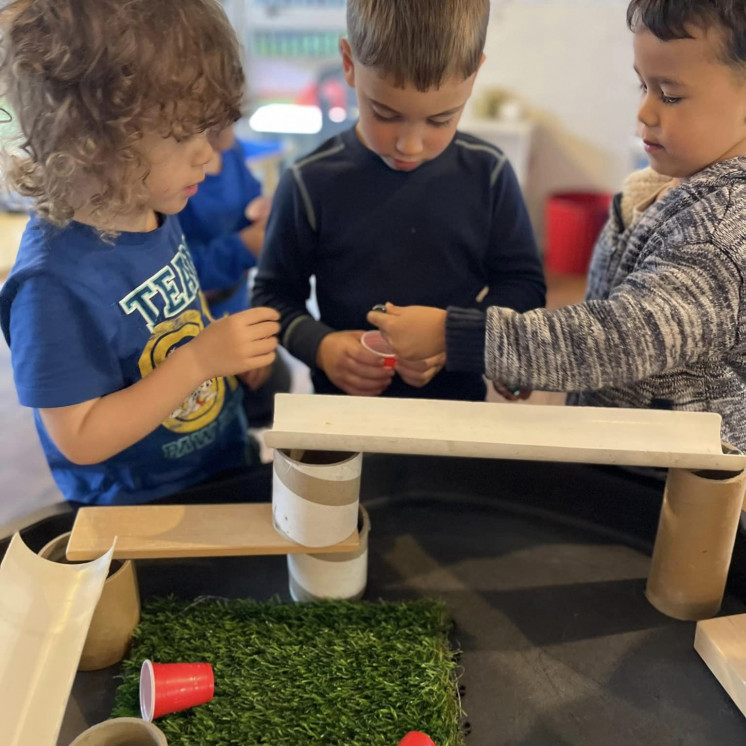
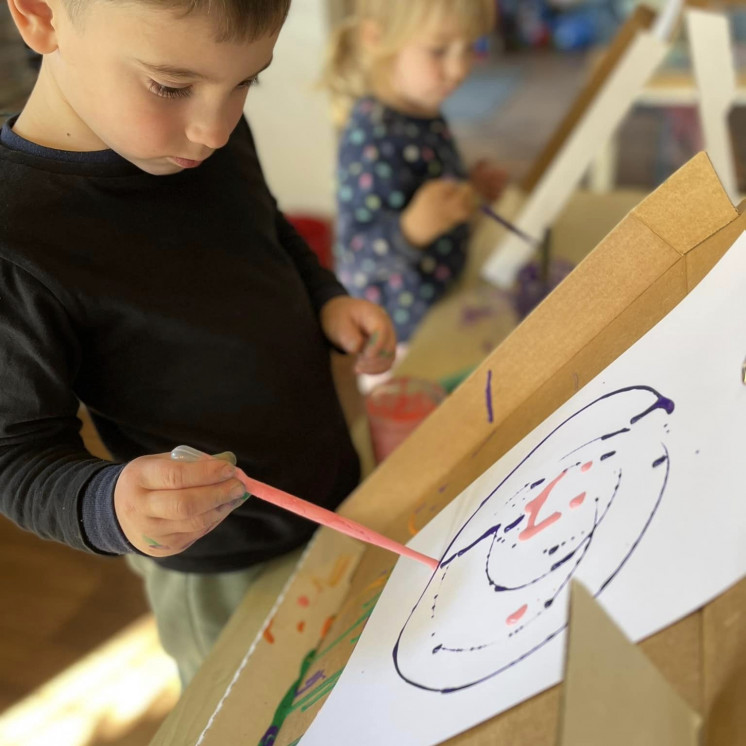
The latest buzz
Show allTestimonials






